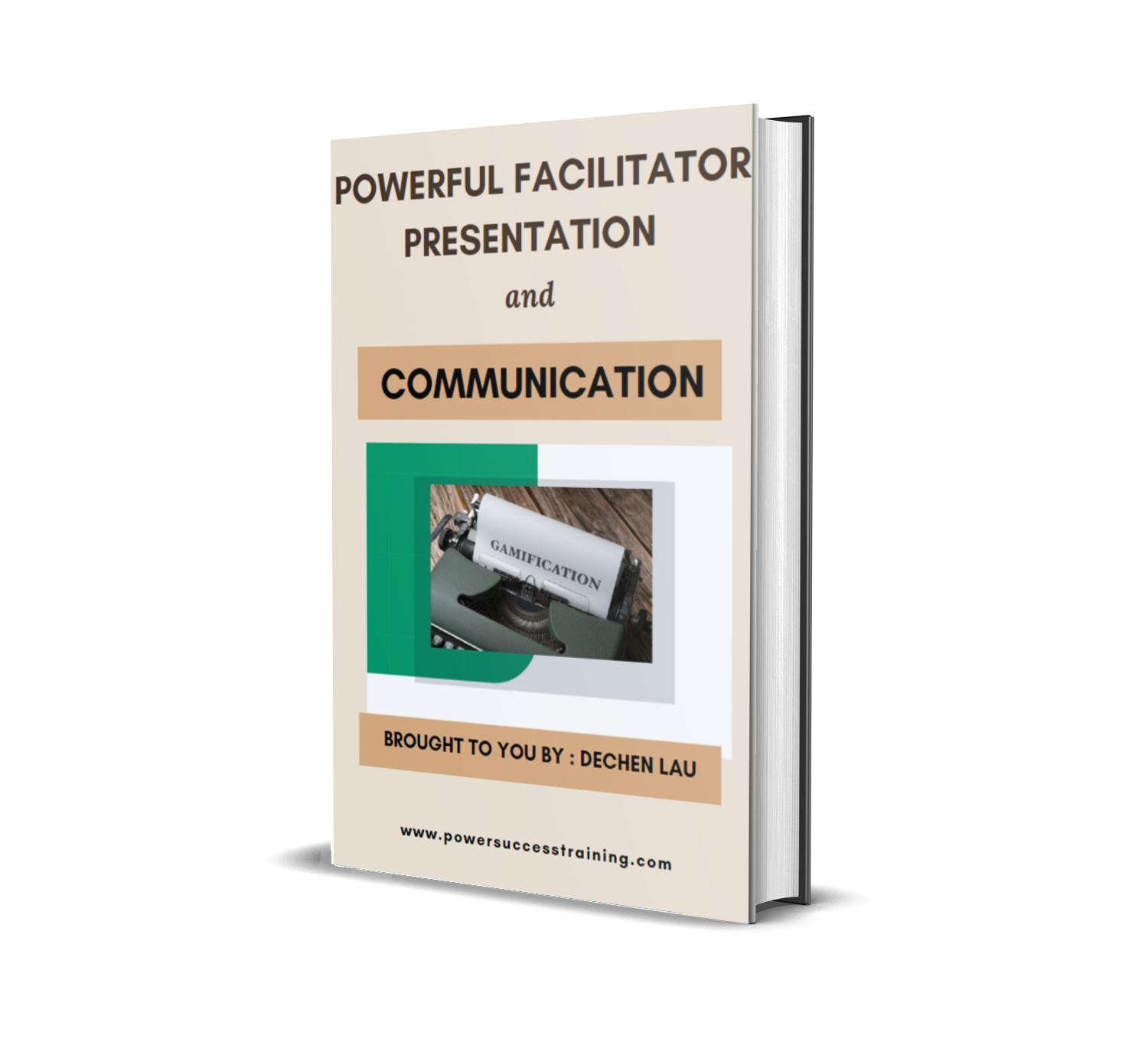The Art of Ebook Facilitation: A Complete Guide Understanding the complex role we play in this process is crucial as we set out on the ebook facilitation journey. An ebook facilitator is more than just a guide; we are the designers of a learning environment that encourages participation, critical thinking, and teamwork. Establishing an environment where readers can exchange ideas, exchange perspectives, and enhance their comprehension of the subject matter is our main duty. In addition to providing information, this entails promoting discussion & engagement among attendees.
Key Takeaways
- An ebook facilitator plays a crucial role in guiding and supporting ebook discussions and activities.
- Effective communication and active listening skills are essential for successful ebook facilitation.
- Creating engaging and interactive ebook discussions helps to keep participants actively involved and interested.
- Utilizing technology can enhance ebook facilitation by providing additional resources and interactive tools.
- Managing ebook group dynamics and conflict resolution is important for maintaining a positive and productive environment.
Since every participant group brings different viewpoints and experiences to the table, we must also be flexible in our role. We must be sensitive to the dynamics of the group, knowing when to step back and let the conversation develop naturally and when to step in and start a more fruitful conversation. Knowing our role as facilitators will help us better assist participants on their learning paths & ensure that they gain valuable insights from the ebooks we study together. Successful ebook facilitation relies heavily on effective communication.
In addition to being open to the thoughts and opinions of others, we must develop the capacity to express ourselves succinctly and clearly. Since many discussions may occur in online forums or through written comments, this requires both effective speaking and writing. We can make sure that our messages are understood by participants and motivate them to interact with the content more fully by improving our communication abilities.
Another essential aspect of our job is active listening. It calls for us to be totally present during conversations, listening intently to what others are saying without pre-planning our answers. We show respect for participants’ opinions and foster an environment where everyone feels appreciated by engaging in active listening.
This, in turn, promotes more candid and open communication, enabling us to lead deeper conversations that improve the educational process as a whole. We must work to create lively and interactive ebook discussions in order to promote a vibrant learning environment. Several tactics that promote involvement and foster critical thinking can be used to accomplish this.
To get participants to consider their own experiences and viewpoints, we could, for example, ask challenging questions about the themes or characters in the ebook. This makes the conversation more meaningful by allowing them to relate to the content on a personal level. We can include exercises that encourage cooperation among participants in addition to open-ended questions. Small group conversations, role-playing exercises, or even imaginative projects centered around the ebook can serve as icebreakers and inspire participants to express their ideas in a more casual environment. Diversifying our discussion formats allows us to accommodate a range of learning preferences & styles, giving everyone a chance to participate and interact with the material.
In the digital age we live in today, technology is essential to improving ebook facilitation. Numerous tools and platforms are at our disposal to enhance our conversations and facilitate participant communication. For example, we can establish a forum for continuing conversation outside of planned meetings by utilizing discussion boards or chat apps. In addition to sustaining the discussion, this gives participants more chances to express their ideas and perspectives.
Also, we can use interactive presentations, podcasts, & videos as multimedia resources to enhance the ebook content. These resources can aid in illuminating important ideas or offering different viewpoints that enhance participants’ comprehension of the subject matter. Our facilitation techniques can become more dynamic and captivating by incorporating technology, which will connect with participants and inspire them to delve deeper into the material.
We must be skilled at handling disagreements that may come up during conversations and controlling group dynamics in our role as facilitators. Because each group is made up of people with different backgrounds, viewpoints, & communication styles, miscommunications or arguments may occasionally arise. In addition to making sure that everyone’s opinions are heard & valued, it is our responsibility to promote a feeling of community. When disagreements do occur, we must handle them with compassion and a problem-solving attitude. We should support candid discussion of opposing ideas while assisting participants in identifying points of agreement.
We can support the growth of participants’ conflict resolution abilities and strengthen the group’s collaborative & understanding culture by facilitating civil discussions about divisive subjects. Taking Various Preferences into Account. Being adaptable in our approach and changing our methods to suit these various preferences is crucial for facilitators. We can guarantee that each participant feels involved and supported during the learning process by doing this.
Combining Diverse Activities. We can use a range of activities in our discussions to accommodate various learning styles. An example of this would be infographics or diagrams that highlight important ideas from the ebook for those who learn best visually.
Conversely, interactive activities or group projects may pique the interest of kinesthetic learners. establishing a welcoming atmosphere. We can establish a welcoming atmosphere that aids each participant in their educational path by varying the ways we facilitate. This method not only improves the educational process but also encourages cooperation and a sense of community among participants.
We must constantly evaluate participants’ needs and offer the right kind of support in order to facilitate ebook discussions successfully. Understanding their motivations for taking part in the conversation—whether they are to learn something new, make new friends, or just enjoy reading—is the first step in this process. We can adjust our facilitation techniques to better meet their expectations if we obtain this information early on. We should also continue to pay attention to any difficulties that participants might encounter while having a conversation. This can involve having trouble putting their ideas into words or feeling overpowered by the ebook’s intricate themes.
By providing support and direction when required, we can assist participants in overcoming these challenges & promote a more constructive learning environment for all. It is imperative that facilitators participate in continuous assessment and contemplation concerning their methods. This procedure enables us to pinpoint areas in need of development and modify our approaches in response to participant input. We can ask for feedback at the conclusion of each session via surveys or casual conversations, inviting participants to share their ideas about what went well & what could be improved. We can gain a better grasp of our strengths and potential growth areas by thinking back on our experiences as facilitators.
This dedication to ongoing development helps participants learn more effectively overall & benefits us as facilitators. By improving our procedures over time, we help to build a more stimulating atmosphere for ebook conversations that piques readers’ interest and encourages deep connections between them. To sum up, ebook facilitation is a dynamic and fulfilling activity that calls for us to adopt a variety of techniques & abilities. In order to create an environment that empowers readers on their journey of exploration and discovery through ebooks, we must first understand our role as facilitators, then develop effective communication skills, create engaging discussions, use technology, manage group dynamics, adapt techniques for different learning styles, assess participants’ needs, and reflect on our practices.
If you are interested in improving your Ebook facilitation skills, you may want to check out the article on ebookmembership.org that discusses the benefits of joining their free membership program. This article could provide valuable insights and resources to help you enhance your facilitation abilities in the Ebook realm.
FAQs
What are Ebook Facilitation skills?
Ebook facilitation skills refer to the ability to effectively guide and support a group of individuals through an ebook discussion or learning experience. This involves creating a conducive environment for learning, managing group dynamics, and ensuring that participants are engaged and actively participating in the ebook discussion.
Why are Ebook Facilitation skills important?
Ebook facilitation skills are important because they help to ensure that ebook discussions and learning experiences are productive and meaningful. Effective facilitation can help to keep participants engaged, encourage open and constructive dialogue, and ensure that learning objectives are met.
What are some key Ebook Facilitation skills?
Some key ebook facilitation skills include active listening, effective communication, group management, conflict resolution, critical thinking, and the ability to create a supportive and inclusive learning environment. Facilitators should also be able to adapt to different learning styles and effectively manage time during ebook discussions.
How can one improve their Ebook Facilitation skills?
Improving ebook facilitation skills can be achieved through practice, training, and self-reflection. Seeking feedback from participants and peers, attending facilitation workshops, and staying updated on best practices in facilitation can also help to improve ebook facilitation skills. Additionally, staying open to new ideas and continuously seeking to improve can contribute to enhancing facilitation skills.


